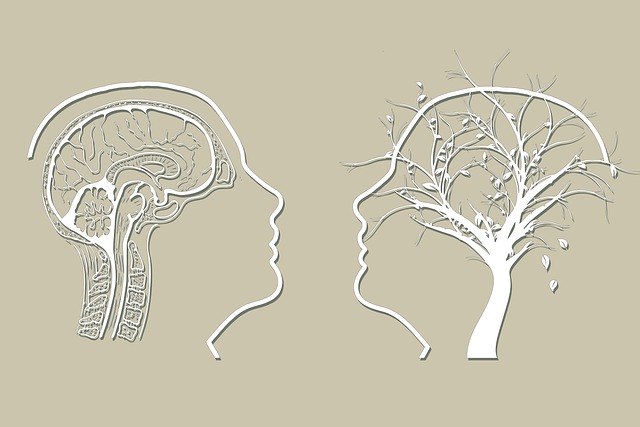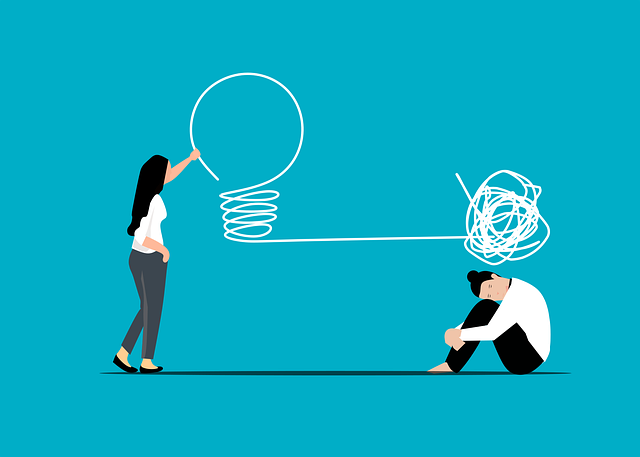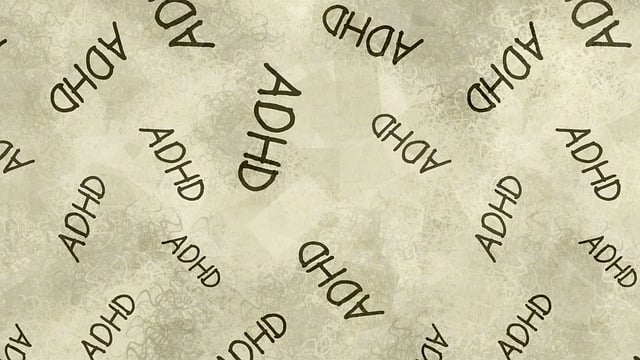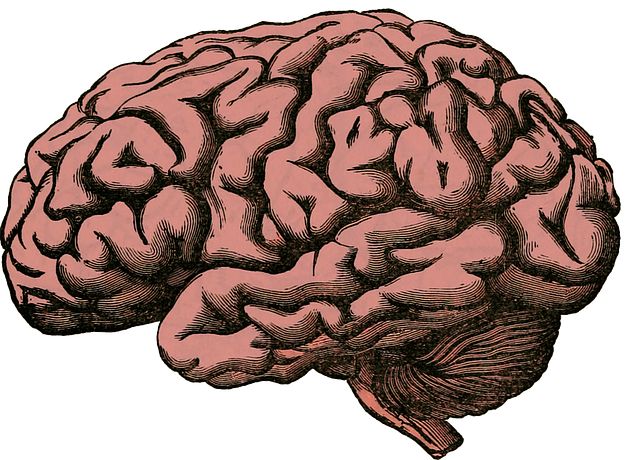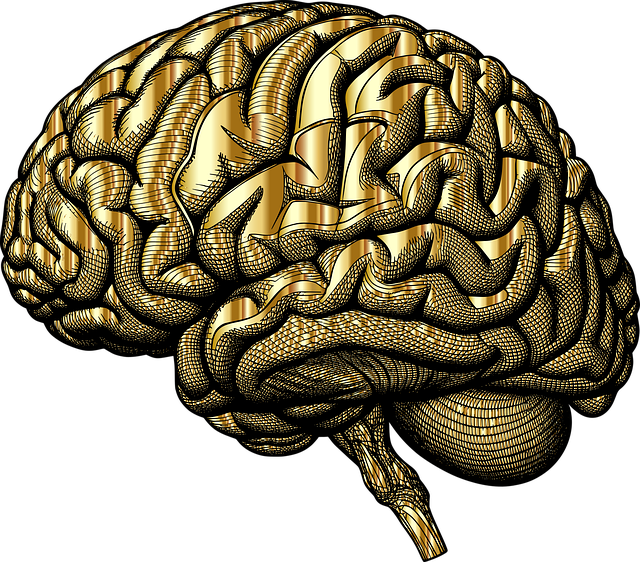Emotional intelligence (EI) is key to a child's development, especially in navigating sexual dysfunction. Early identification of signs, risk assessments, and specialized therapy, like that offered for young children with sexual dysfunction, prevent long-term issues. Parenting techniques such as active listening, consistent routines, mindfulness exercises, open communication, and self-care help nurture EI. These strategies create a safe, supportive environment fostering resilience and healthy emotional expression, including managing complex feelings related to sexuality in young individuals.
Emotional intelligence (EI) is a cornerstone of healthy development, especially during childhood. Understanding EI involves recognizing and managing one’s emotions and empathizing with others—skills that can be cultivated early on. This article explores the significance of EI in childhood and delves into crucial aspects like identifying sexual dysfunction signs in children, the therapeutic role in fostering emotional growth, and practical strategies for parents to promote healthy emotional development. Key focus areas include therapy for young children with sexual dysfunction, emphasizing proactive approaches for a nurturing environment.
- Understanding Emotional Intelligence and its Significance in Childhood Development
- Identifying and Addressing Early Signs of Sexual Dysfunction in Children
- The Role of Therapy in Nurturing Emotional Intelligence and Overcoming Sexual Challenges
- Practical Strategies for Parents to Foster Healthy Emotional Growth in Young Minds
Understanding Emotional Intelligence and its Significance in Childhood Development

Emotional intelligence (EI) is a crucial aspect of human development that plays a pivotal role in shaping a child’s future. It refers to an individual’s ability to recognize, understand, and manage their own emotions, as well as empathize with others’ feelings. In childhood, developing EI fosters healthy social interactions, enhances self-esteem, and promotes effective communication. This early foundation is particularly significant for young children dealing with issues like sexual dysfunction or those in need of crisis intervention guidance.
Therapy for Young Children Sexual Dysfunction often incorporates strategies to build emotional intelligence as a key component of treatment. Self-awareness exercises can help children label and process their emotions, while depression prevention techniques teach them healthy coping mechanisms. By nurturing EI, children become better equipped to navigate relationships, resolve conflicts, and make positive decisions, which are essential skills for managing challenges and building resilience throughout their lives.
Identifying and Addressing Early Signs of Sexual Dysfunction in Children

Identifying early signs of sexual dysfunction in children is crucial for providing appropriate therapy and support. Parents, caregivers, and healthcare providers must be vigilant for unusual behaviors or attitudes related to sexuality. These could include excessive curiosity about sex, inappropriate sexual play, or difficulties with emotional regulation surrounding sexual topics. A comprehensive risk assessment should be conducted by mental health professionals to understand the underlying causes, which may range from developmental delays to trauma.
Early intervention is key in preventing long-term issues and promoting healthy sexual development. Healthcare provider cultural competency training can help identify diverse needs and tailor support accordingly. Additionally, burnout prevention strategies for healthcare providers are essential as they ensure that practitioners remain equipped to offer effective therapy. By addressing these concerns promptly, professionals can guide young individuals toward a healthier understanding of sexuality and improve their overall well-being.
The Role of Therapy in Nurturing Emotional Intelligence and Overcoming Sexual Challenges

Emotional intelligence (EI) is a crucial aspect of overall well-being, and therapy plays a pivotal role in nurturing this skill, especially for young children facing sexual dysfunction or challenges. This therapeutic process offers a safe space for kids to explore and understand their emotions, providing them with essential tools to navigate complex feelings. Through specialized techniques, therapists can help these young individuals recognize and express their emotions healthily.
For many, therapy serves as a transformative journey where they learn to manage mood swings and stress-related issues, which are often intertwined with sexual challenges. The risk assessment for mental health professionals is vital in ensuring the safety and effectiveness of these sessions, allowing for personalized interventions tailored to each child’s unique needs. By addressing underlying issues, therapy empowers children to build resilience and enhance their EI, fostering better relationships and overall mental health.
Practical Strategies for Parents to Foster Healthy Emotional Growth in Young Minds

Parenting plays a pivotal role in shaping young minds’ emotional intelligence and overall well-being. Here are some practical strategies for parents to foster healthy emotional growth in children. Firstly, creating a safe and supportive environment is essential. This involves active listening, where parents give their undivided attention when a child expresses their feelings or thoughts. By validating their emotions, parents teach children that all feelings are acceptable and encourage them to develop self-awareness. Additionally, establishing consistent routines provides a sense of security and predictability, aiding in emotional regulation.
Incorporating emotional healing processes like mindfulness exercises or play therapy can also be beneficial. These activities help children understand and manage their emotions effectively. Moreover, parents should prioritize open communication, using age-appropriate language to discuss feelings and behaviors. Teaching problem-solving skills and providing positive reinforcement for healthy emotional expressions are other effective methods. Remember, preventing burnout by setting realistic expectations and modeling self-care practices is crucial for both parents and children, fostering a healthier emotional environment at home.
Emotional intelligence is a cornerstone of healthy childhood development, shaping young individuals’ ability to navigate relationships and life challenges. By identifying and addressing early signs of sexual dysfunction through therapy for young children with sexual dysfunction, parents and caregivers can foster a nurturing environment that promotes emotional growth. Practical strategies outlined in this article equip parents with tools to support their children’s mental well-being, ensuring they develop the resilience needed to overcome any sexual challenges they may face.
